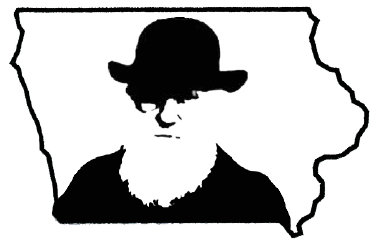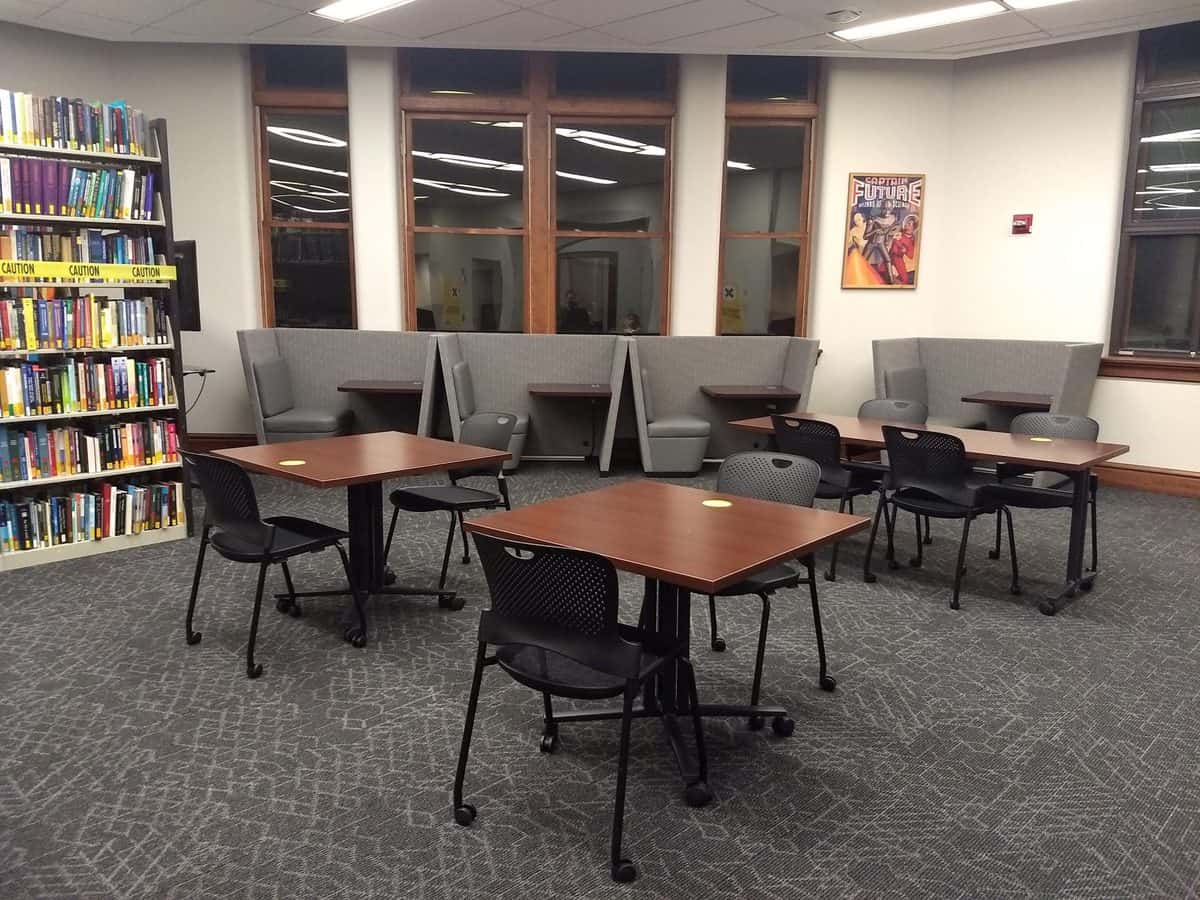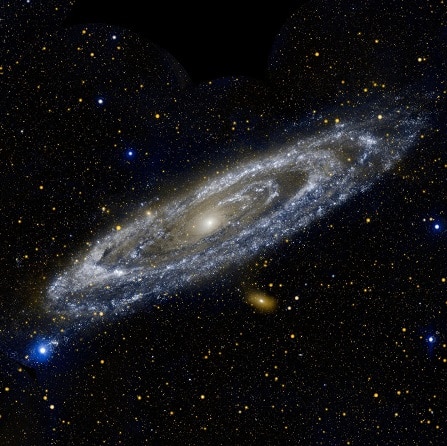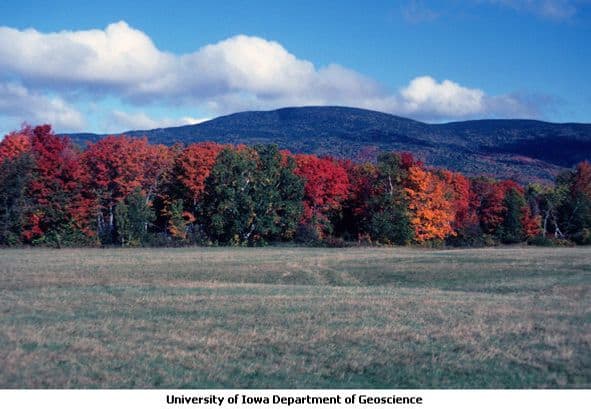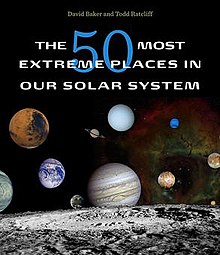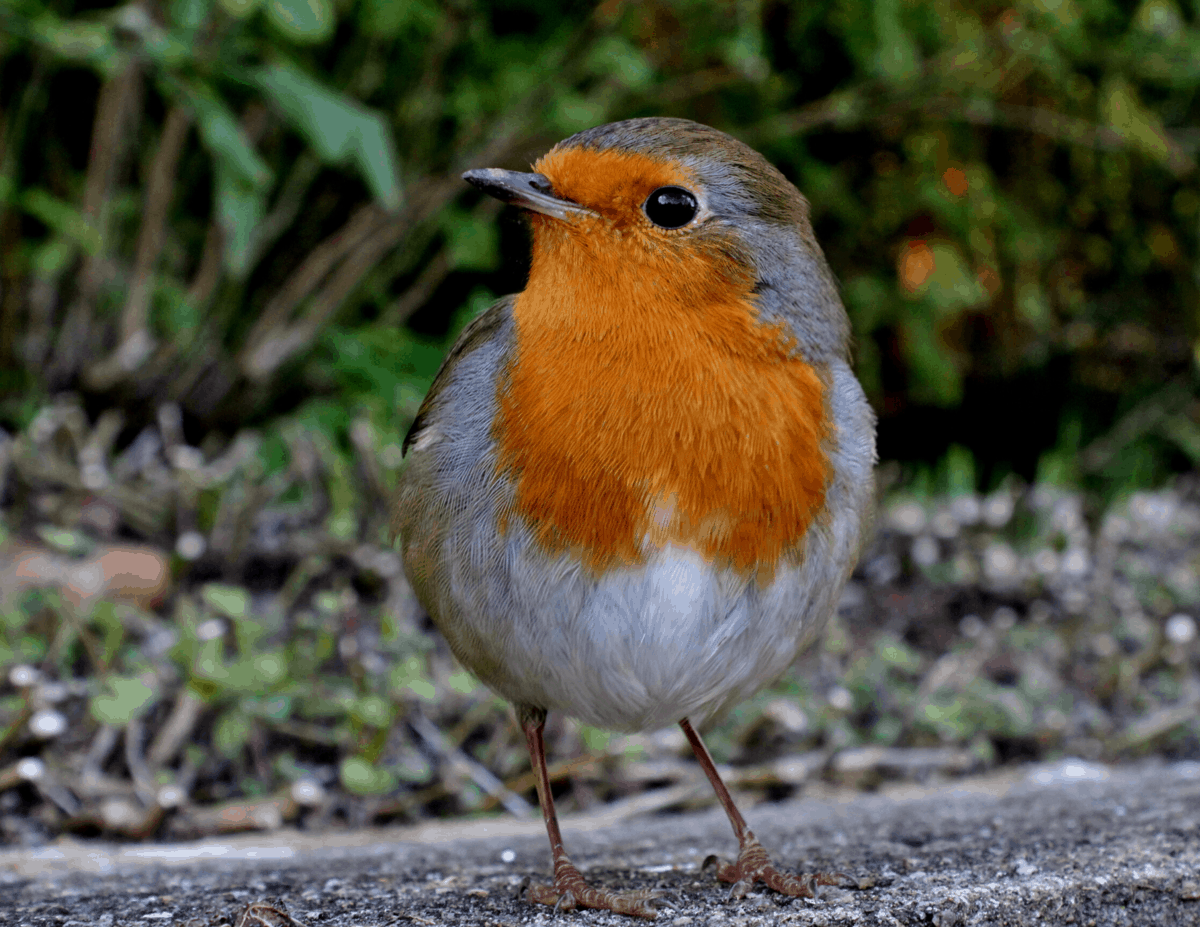Iowa City Darwin Day celebrates the benefits of science for humanity, and all are invited to celebrate this year by attending virtual talks by prestigious scientists! All Iowa City Darwin Day events are free and open to the public. Erich Jarvis’ talk “Evolution of Brain Pathways for Vocal Learning and Spoken Language” will be onContinue reading “Iowa City Darwin Day 2021”
Category Archives: Chemistry
Welcome Back, Hawkeyes!
You are invited to the Sciences Library for a comfortable, quiet place to study! There are computer stations, study carrels, and booths with USB and outlets for phones and computers. If you have group work to do, there are tables and large mobile monitors to use for sharing your computer screen. The Sciences Library is locatedContinue reading “Welcome Back, Hawkeyes!”
Finals Week Stress Relief Guide
When you take a break from your studying, rest and recharge with online puzzles, science coloring sheets, wildlife live cams, and museum and nature virtual tours with the Sciences Library’s Finals Week Stress Relief Guide. You can put together a puzzle of the Andromeda galaxy, The Blue Marble view of Earth, a porcupine having aContinue reading “Finals Week Stress Relief Guide”
Red, Orange, Yellow: The Science of Fall Foliage
The autumnal equinox occurred on Tuesday, September 22 this year. This marks the turning point when the sun passes over the Earth’s equator, and the hours of daylight and night are close to equal. From this point on, the hours of daylight will soon begin decreasing each day until the shortest day of the yearContinue reading “Red, Orange, Yellow: The Science of Fall Foliage”
Books for 2020: unusual books for an unusual year
2020 has been an unusual year, to say the least. A pandemic, murder hornets, an Iowa derecho, hurricanes, racial injustice, wildfires, and most recently a discovery on Venus that points to potential alien life. It is a lot to take in and it can be a relief to bury oneself in reading. What else couldContinue reading “Books for 2020: unusual books for an unusual year”
Find a comfortable place to study at the Sciences Library!
Head to the Sciences Library for a comfortable, quiet place to study! We offer a variety of study spots. There are many computer stations, study carrels and booths with USB and outlets for phones and computers, tables, and large mobile monitors to use for sharing your computer screen. This year we have new paint, newContinue reading “Find a comfortable place to study at the Sciences Library!”
All are invited to Sciences Library Trivia Night!
All are welcome to join the Sciences Library for Trivia Night at 5 PM central on Fridays through July 10th! We will use Zoom and Kahoot, so join Zoom on your computer to see the trivia questions and use the browser on your smartphone to input your answers. We will do two rounds of questionsContinue reading “All are invited to Sciences Library Trivia Night!”
Sciences Library Trivia Night on Fridays!
Hawkeyes, join the Sciences Library for Trivia Night on Fridays, April 24th to July 10th at 5 PM! The trivia will be led by student emcees Madison and Mason. The questions will be from various subjects such as science, arts & literature, history, pop culture, and sports. We will use Zoom and Kahoot, so joinContinue reading “Sciences Library Trivia Night on Fridays!”
Sciences Library Trivia Night
Hawkeyes, join the Sciences Library for Trivia Night on Friday, April 17 at 5 PM! The trivia will be led by student emcees Madison and Mason. The categories will be science, arts & literature, history, pop culture, and sports. We will use Zoom and Kahoot, so join Zoom on your computer to see the triviaContinue reading “Sciences Library Trivia Night”
National Poetry Month: Science Edition
National Poetry Month: Science Edition It’s National Poetry Month, so if you would like to explore poetry about science and take a break from the uncertainty of life living through COVID-19, then you have come to the right place. All of the poetry listed below relates to science, including biology, chemistry, earth & environmental sciences,Continue reading “National Poetry Month: Science Edition”
